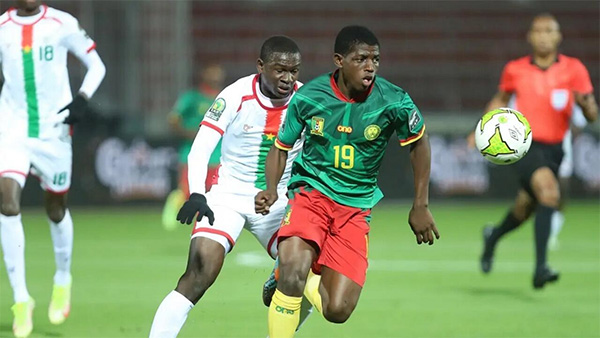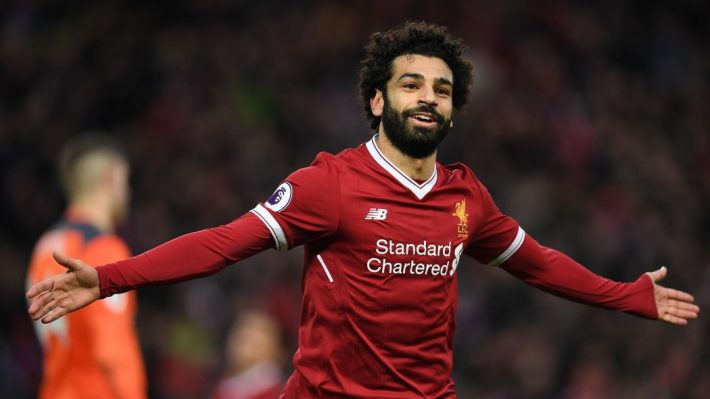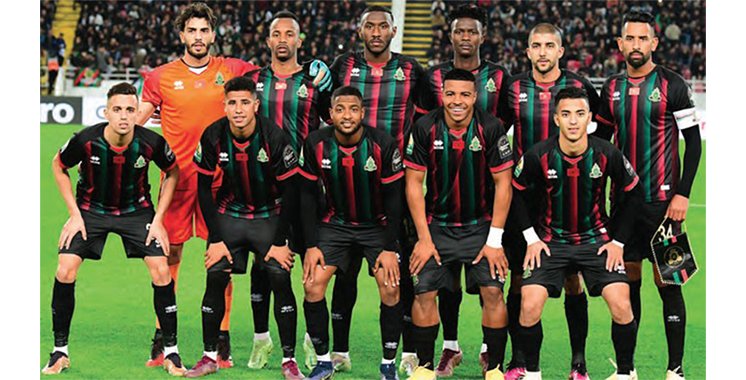CAF enforces strict age regulations to tackle fraud at U17 AFCON

The 2024 U17 Africa Cup of Nations (AFCON) in Morocco has kicked off, with teams already engaged in their opening matches.
However, this year’s competition is not only notable for the high level of football on display but also for the strict regulations enforced by the Confederation of African Football (CAF) to address long-standing concerns over age fraud among players.
The issue of age falsification has plagued youth football in Africa for years, with suspicions arising that many players were older than their declared age.
To counter this, CAF introduced a robust age verification system in 2011, and the rules have since become even more stringent.
The cornerstone of these regulations is the wrist MRI test, which is mandatory for all players prior to the competition.
This MRI assesses the bone maturity of a player’s left wrist to determine their biological age.
The procedure aims to prevent players who are above the age limit from participating in the tournament.
The regulations stipulate that the tests must be conducted before the qualifying phase, with additional testing potentially taking place right before the tournament itself.
In line with these rules, if four or more players from any team are found to be overage, that entire team is disqualified from the tournament.
This strict policy was recently tested when Burkina Faso, which had eight players declared ineligible due to age discrepancies, still managed to field a team for the competition in Morocco.
Coach Oscar Barro expressed his frustrations, revealing that several key players were left out, including his captain and his best midfielder.
“I even have my captain who didn’t come; he was my metronome. I have my best midfielder who didn’t come, as well as my best full-back.
My entire flank is absent. So we have to deal with all of this at once,” he said. “But, we are coaches, we are competitors, we have to deal with it and find a solution right away.”
Despite the challenges faced by teams like Burkina Faso, most federations have welcomed the age verification system, acknowledging the importance of fair play in youth football.
However, the disqualification of teams like Guinea, Guinea-Bissau, and Sierra Leone during the preliminary rounds has caused disappointment within their respective football federations.
Some coaches have voiced concerns over the accuracy of the age verification process. Senegal’s U17 coach, Papy Ibrahima Faye, commented on the challenges of determining a player’s age based solely on bone maturity.
“A boy can really be an U17, but with the training load, the diet, the living conditions, the child can grow faster than another in the same category,” Faye explained, highlighting the complexities of determining a player’s true age solely through biological markers.
The introduction of the wrist MRI test has undoubtedly changed the landscape of the U17 AFCON, bringing a level of transparency and fairness to the competition.
As the tournament continues, the impact of these measures will become even more apparent, as teams compete not just for victory but for the integrity of youth football in Africa.
The 2024 edition of the U17 AFCON will be remembered not only for the thrilling matches but also for CAF’s unrelenting push to ensure that the players on the field are truly under 17.




